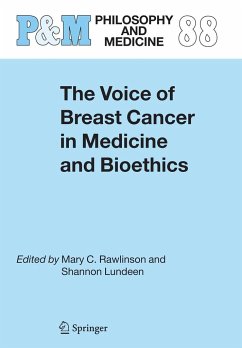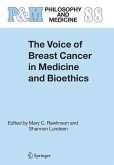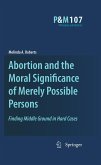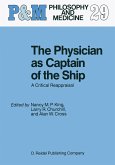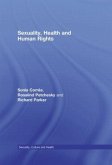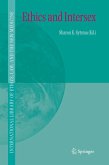Unlike any other volume focusing on women's health issues, this collection brings together a wealth of cross-disciplinary perspectives to bear on the intersection of breasts and medicine.
Among other works on similar subject matters, the academic versatility of this volume is unparalleled. This collection can serve as a textbook in a wide range of courses including those in philosophy, women's studies, biology, psychology, literature, history, and medicine.
Few diseases have made more difference to our understanding of illness, the relation of the patient to the physician and other health care professionals, and the social context of disease than breast cancer. Breast cancer activism has provided a model of public policy advocacy for women, as well as for sufferers from other diseases, and even in causes unrelated to health. In many ways it has become emblematic of issues in women's health.
This volume offers a discursive analysis of breast cancer. From multiple perspectives-historical, philosophical, psychological, socio-political-these essays explore the competing narratives that have made breast cancer a contested site. It addresses debates about the autonomy of the patient in relation to the authority of the physician, as well as the importance of patient narratives in understanding disease. It analyzes the relation between the community and medical practice, particularly with regard to the effect of breast cancer activists and feminists on the medical understanding and treatment of breast cancer. And, it questions the intersection of medical science with political institutions and agencies of public policy in determining priorities of research and strategies of treatment.
Hinweis: Dieser Artikel kann nur an eine deutsche Lieferadresse ausgeliefert werden.
Among other works on similar subject matters, the academic versatility of this volume is unparalleled. This collection can serve as a textbook in a wide range of courses including those in philosophy, women's studies, biology, psychology, literature, history, and medicine.
Few diseases have made more difference to our understanding of illness, the relation of the patient to the physician and other health care professionals, and the social context of disease than breast cancer. Breast cancer activism has provided a model of public policy advocacy for women, as well as for sufferers from other diseases, and even in causes unrelated to health. In many ways it has become emblematic of issues in women's health.
This volume offers a discursive analysis of breast cancer. From multiple perspectives-historical, philosophical, psychological, socio-political-these essays explore the competing narratives that have made breast cancer a contested site. It addresses debates about the autonomy of the patient in relation to the authority of the physician, as well as the importance of patient narratives in understanding disease. It analyzes the relation between the community and medical practice, particularly with regard to the effect of breast cancer activists and feminists on the medical understanding and treatment of breast cancer. And, it questions the intersection of medical science with political institutions and agencies of public policy in determining priorities of research and strategies of treatment.
Hinweis: Dieser Artikel kann nur an eine deutsche Lieferadresse ausgeliefert werden.

